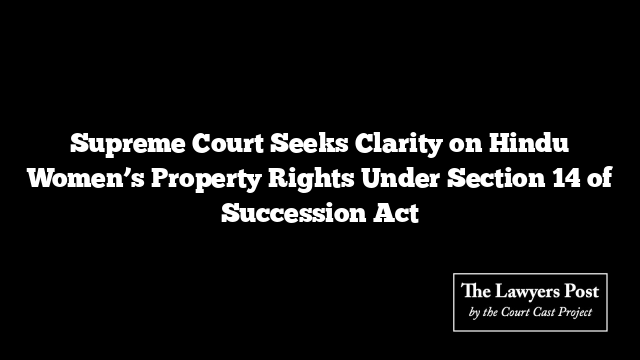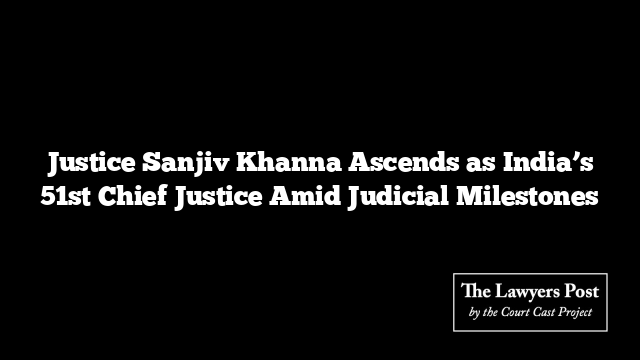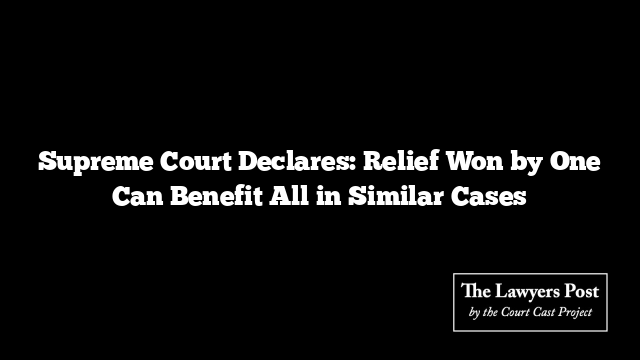The Supreme Court has taken a pivotal step to address conflicting interpretations of Section 14 of the Hindu Succession Act, 1956, which governs Hindu women’s rights to property. The issue revolves around the nuanced interplay between two subsections—14(1), which grants absolute ownership over inherited property, and 14(2), which limits rights when the property was granted under specific conditions.
A bench comprising Justice PS Narasimha and Justice Sandeep Mehta noted the inconsistencies in past judgments. On one side, rulings such as V. Tulasamma v. Sesha Reddy (1977) and subsequent cases favored broad ownership rights for women under Section 14(1). These decisions emphasized that any property a woman received in recognition of pre-existing rights would automatically convert to her absolute ownership. Conversely, precedents like Karmi v. Amru (1972) and its successors narrowed this interpretation, applying Section 14(2) to cases where property was acquired with restrictions after the act’s enactment.
In V. Tulasamma, the Court clarified that Section 14(1) empowers Hindu women by converting limited interests in property to absolute rights, provided the property stems from a pre-existing entitlement. Section 14(2), however, was confined to cases where a new and independent title was granted for the first time. Meanwhile, judgments restricting ownership under Section 14(2) stressed factors such as the nature of the woman’s rights and the circumstances of possession, as outlined in Sadhu Singh v. Gurdwara Sahib Narike (2006).
This legal complexity arose prominently in a case where a woman inherited property through her husband’s will, later selling it to third parties. Her legal heirs contested the transaction, arguing her rights were restricted under Section 14(2). While lower courts upheld her absolute ownership under Tulasamma, the High Court overturned these rulings, applying a stricter interpretation of Section 14(2).
To resolve these contradictions, the Supreme Court has referred the matter to a larger bench. The Court emphasized the necessity of reconciling divergent rulings to establish a definitive interpretation of Section 14 and provide clarity on women’s property rights under the Hindu Succession Act.





